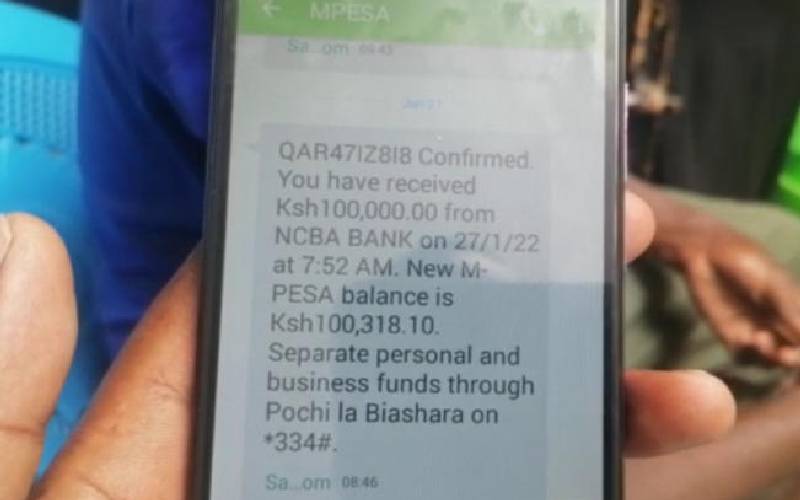×
The Standard e-Paper
Smart Minds Choose Us

Safaricom’s customers transacted Sh29.5 trillion shillings through M-Pesa in the year to March 2022, showing how key the mobile money platform has become to Kenya's economy.